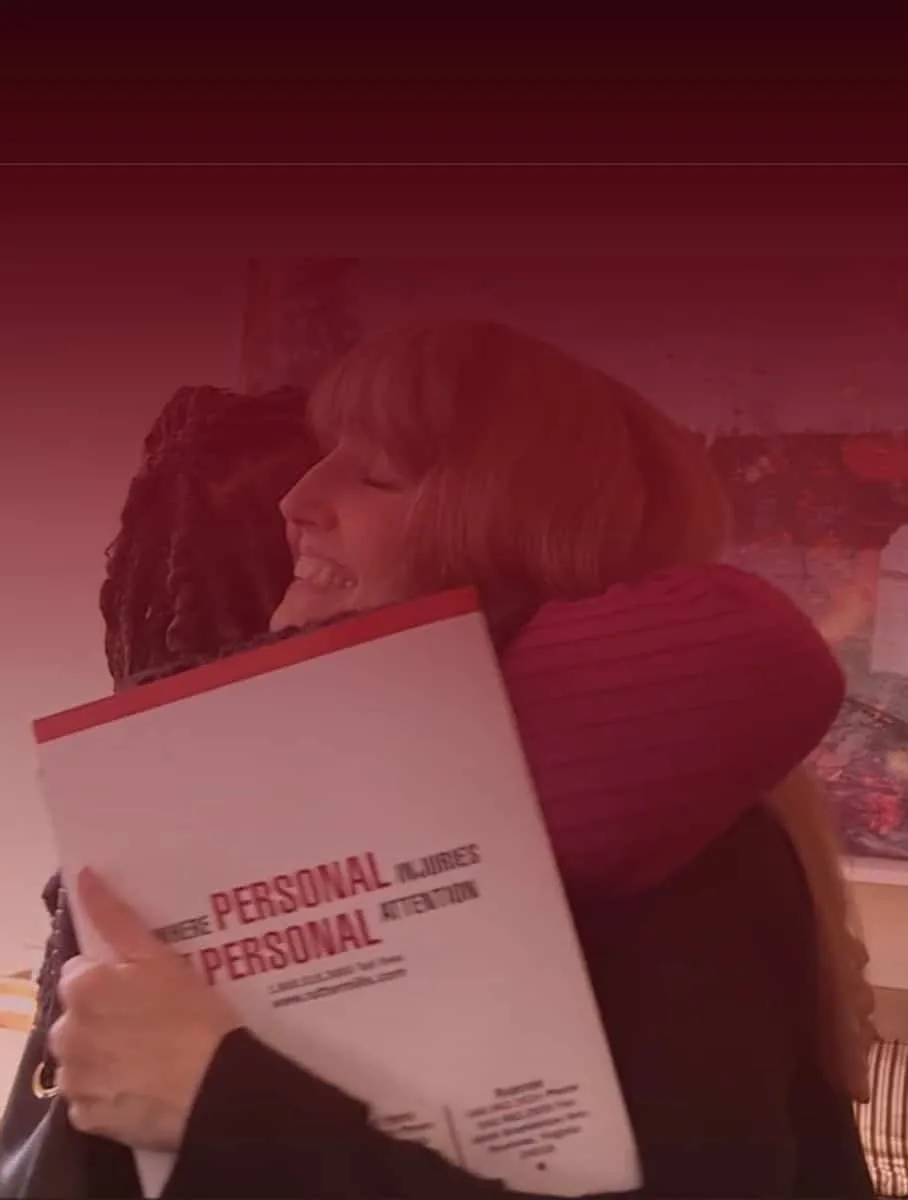
We’re Here for You
Contact Us for a Free Case Evaluation
Our team is ready to listen day or night – 7 days a week, so contact us now to see how we can help you on the road to recovery.

For more than three decades, the Brain Injury Association of America has sought to inform the public about the growing number of people living with — or caring for someone who has a traumatic brain injury. The theme of the current campaign is “Change Your Mind,” which seeks to destigmatize brain injury and empower survivors through the promotion of available support services.
When a traumatic brain injury is the result of negligence, recklessness, or willful misconduct, victims are encouraged to contact the brain injury lawyers at Rutter Mills who can help you recover compensation for your losses.
The effects of moderate to severe TBI vary widely from person to person. Roughly one-third of patients recover favorably within six months, but most people have some degree of ongoing dysfunction. Since there is no cure, survivors are required to adapt and adjust to a “new normal.”
Frequent or daily headaches that worsen over time are a symptom of 93% of TBI sufferers, even present in those who make an otherwise “full recovery.” One-third of people have dizziness lasting for at least five years. A quarter of TBI victims have light and sound sensitivities more than a year later. Blurry or double vision can develop as late as three years post-injury. Chronic fatigue commonly interferes with work status a year after injury.
As many as 40% of TBI sufferers are affected by post-traumatic epileptic seizures for months or even years after the accident. Loss of fine motor skills can lead a person to struggle with the most mundane tasks like buttoning a shirt or eating with utensils. The senses of hearing, smell, taste, and sensation can be altered or damaged. Problems walking, talking, swallowing, or controlling bladder and bowel movements could increase dependence on caregivers. The worst cases of TBI result in spasticity and paralysis.
Memory impairment affects up to 63% of patients. These deficits can last noticeably for a decade or more. Sleep difficulties, confusion, poor time management, concentration deficits, distractibility, depression, anxiety, and personality changes such as aggression are common side effects that may manifest at any point in the first three years post-injury. Patients might find their processing speed slows, speech patterns change, they are increasingly impulsive, or they abnormally persist with a particular word, gesture, or action. Fluctuating emotions make it hard to get through a typical day. Dementia and Alzheimer’s are more common among TBI survivors.
Serious brain injuries can increase the risk of suicide and mortality from all causes. People with more severe TBI struggle with maintaining employment and financial management. Only 40% of people with TBI are able to participate in the leisure and recreational activities they enjoyed before the injury. The diminished functioning and social isolation people feel with TBI contribute to a lower quality of life.
Outcomes can be significantly affected by access to state-of-the-art medical care immediately after the injury and continued vigilance throughout the healing process. Exploring all available social and medical resources may improve the quality of life for people living with moderate to severe TBI.
Coping with a Traumatic Brain Injury is not only mentally and emotionally taxing, but it’s often financially difficult as well. The financial strain only deepens the overall burden and trauma during recovery, when it’s most important to remain calm and confident.
If your injury occurred through little to no fault of your own, you may be eligible to receive financial compensation through the civil court system. This money can be used for all related medical expenses, income loss replacement, and to account for the unnecessary pain and suffering you’ve endured.
It costs nothing upfront to speak with brain injury lawyers at Rutter Mills. We work on a contingency basis, meaning you only pay a fee if and when we recover compensation on your behalf. Get in touch with a compassionate patient advocate at your earliest convenience. In most cases, the State of Virginia gives you up to two years from the date of injury to file a personal injury claim.
Contact Us for a Free Case Evaluation
Our team is ready to listen day or night – 7 days a week, so contact us now to see how we can help you on the road to recovery.

